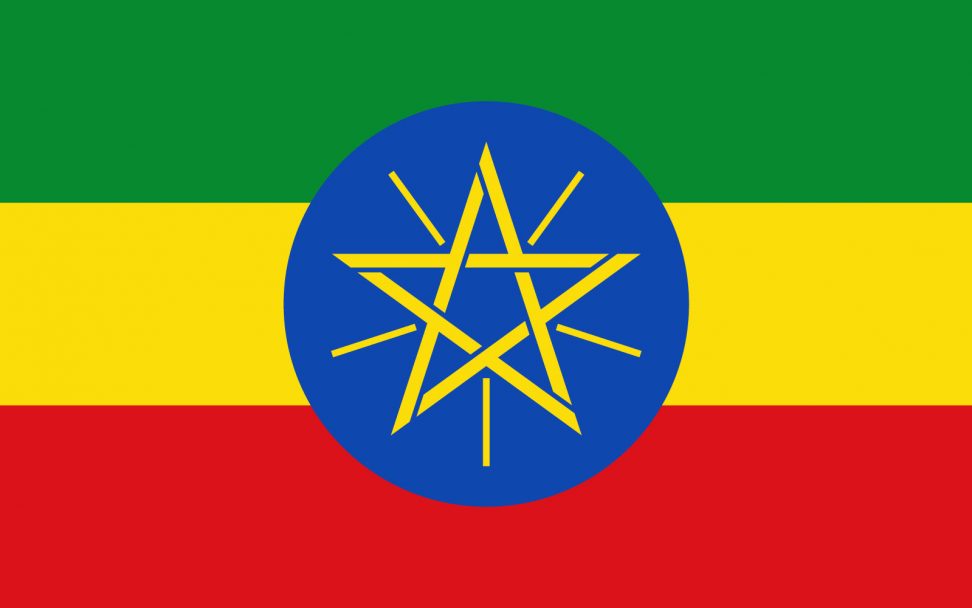Over the past few years, Ethiopia has seen a number of promising developments. The East-African country, Africa’s second most populous nation, seemed to be on a path towards a successful transition to democracy, with Prime Minister Abiy Ahmed spectacular opening of the country’s political space and him securing a peace deal with bordering Eritrea that earned him the Nobel Peace Prize in 2019.
However, the past months have seen an escalation of different crises, demonstrating the country’s fragility: The murder of Oromo musician Hachalu Hundessa in June caused violent protests that led to the death of at least 200 people. The federal government cracked down on leaders of the opposition, including Oromo activist and media mogul Jawar Mohammed who is now facing charges of terrorism. At the same time, conflicts over land, resources, and political representation continue to persist. Recent regional elections in the Tigray region have increased tensions between this region and the Federal Government. Growing nationalism increases the risk of conflict between the various ethnic groups and regions.
Against this background, the German African Foundation invited to the online discussion „Ethiopia at a crossroads: How to get out of the current political crisis?“ with Prof Zemelak Ayele, Dr Annette Weber, Dr Asfa-Wossen Asserate and Dr Abdeta D. Beyene.

